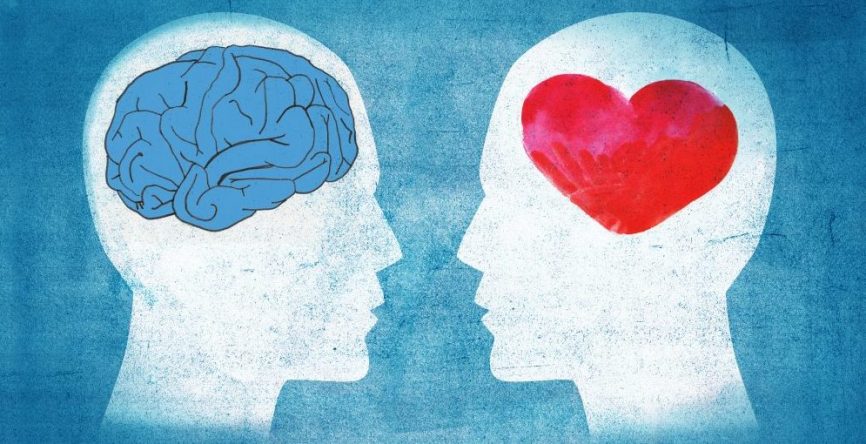 As a woman, I am aware of how easily and freely the word “Sorry” glides off my tongue. I say it a lot! It’s as reflexive as saying “Hello.” But saying “I’m sorry” isn’t just good manners; it’s a key component of one’s emotional intelligence.
As a woman, I am aware of how easily and freely the word “Sorry” glides off my tongue. I say it a lot! It’s as reflexive as saying “Hello.” But saying “I’m sorry” isn’t just good manners; it’s a key component of one’s emotional intelligence.
Women Saying Sorry
Social media is bursting with hashtags and memes that express why I, as a woman, should not be using this word as often as I do (or even at all). It’s been proffered that women appear weaker and less sure of themselves when they say it, jeopardizing chances for career advancement. Well, I’m sorry, but I respectfully disagree. Frequent use of the word reflects one’s deep caring for people and indicates an ability to empathize with others.
Not surprisingly, studies have shown that women apologize more often than men. (1) But it’s not because we aren’t as confident or competent, it’s that we tend to focus more on how people feel. Women self-identified with more situations they considered offenses worthy of an apology. “Women might have a lower threshold for what requires an apology because they are more concerned with the emotional experiences of others and in promoting harmony in their relationships…” (2) This is not a bad thing!
Empathy is important
Empathy is central to emotional intelligence, and is even linked to saying “Sorry”. “Researchers from the Center for Neuroscience at the University of Bonn, Germany, found that empathy related brain regions showed increased activation when (study) participants received an apology.”(3)
Unfortunately, the all too common #sorryNOTsorry phrase of my teenage daughters’ generation is a pendulum swing in the wrong direction. The Urban Dictionary defines it this way, “Typically used to signify that (the) speaker does not care whether their behavior emotionally upsets someone else.”
We must teach girls (and boys) that saying “I’m sorry” is important. If you cause hurt, frustration, sadness, or anger, then an apology is expected. And despite my therapist saying you’re not responsible for the reactions and behaviors of others, I say WE ALL need to play an active role in nurturing our connections with one another. Ultimately, YOU are responsible for building and maintaining good relationships with your peers and colleagues. Words like “Sorry” will build your reputation as a person of integrity and trust.
So let’s tout the benefits of saying “I’m sorry”. Every “Sorry” you say to someone can raise your emotional intelligence quotient and result in stronger bonds with your colleagues and friends. Those are skills that will catapult your public service career forward.
(1) https://www.ncbi.nlm.nih.gov/pubmed/20855900 and
https://www.independent.co.uk/news/uk/women-apologise-more-than-men-study-finds-10360321.html
(2) https://www.livescience.com/8698-study-reveals-women-apologize.html
(3) https://www.ornish.com/zine/powerful-effect-im-sorry/
Additional reading on this topic:
Kimberly Nuckles is part of the GovLoop Featured Contributor program, where we feature articles by government voices from all across the country (and world!). To see more Featured Contributor posts, click here.





Leave a Reply
You must be logged in to post a comment.